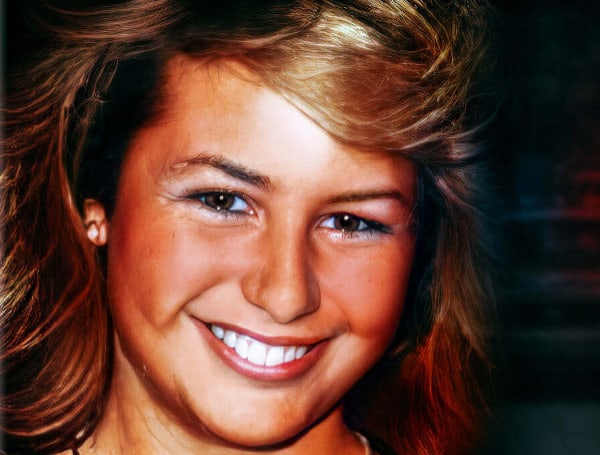While the Gabby Petito case claims the national media spotlight, families of other missing women in the Tampa Bay area seek answers.

patch.com
Tampa Bay Missing Women Cases Grow Cold As Families Seek Closure
One Mother's Determination Changes Laws
Another case that received national attention was the disappearance of 20-year-old Valrico resident Tiffany Sessions who went missing on Feb. 9, 1989, while at college at the University of Florida in Gainesville.
Between 4 and 5 p.m. on the day Sessions disappeared, she told her roommate she was going out for a power walk. Wearing a Sony Walkman, she left her apartment with her wallet, identification and keys.
When she hadn't returned after five hours, Sessions' roommate alerted Sessions' mother, Hilary, in Valrico.
After the Alachua County Sheriff's Office initially failed to launch a search for Tiffany Sessions, maintaining there was no evidence of a crime, the grieving mother became a driving force behind the adoption of new missing person protocols by Florida law enforcement agencies.
The publicity she generated on her daughter's behalf, including national television and newspaper interviews, a $25,000 reward and the distribution of more than five million flyers around the country, resulted in the largest FBI search in Florida history. Law enforcement followed up on more than 3,000 leads in the case.
On Florida Missing Persons Day Oct. 27, 2008, then-Gov. Charlie Crist signed the Jennifer Kesse and Tiffany Sessions Missing Persons Act that expanded the Florida Department of Law Enforcement Missing Children Information Clearinghouse into the Missing Endangered Persons Information Clearinghouse.
The law also requires law enforcement agencies to enter a missing person into the FBI's National Crime Information Center (NCIC) within two hours after a person is determined to be missing.
Additionally, if a person has been missing for more than 90 days, the act requires Florida law enforcement agencies to collect DNA samples from the belongings of the missing person or biological relatives.
In 2014, the Alachua County Sheriff's Office identified deceased serial killer Paul Eugene Rowles, as the primary suspect in Tiffany Sessions' disappearance.
Rowles, who died in prison in 2013 after being convicted of murder, rape and kidnapping, lived in the Gainesville area at the time Sessions disappeared.
Danny Rolling, known as the Gainesville Ripper, was also considered a suspect. Rolling was convicted in the murders of five Gainesville students in August 1990, the year before Tiffany Sessions disappeared. He was executed by lethal injection Oct. 25, 2006.
However, there was never conclusive evidence in either case and Tiffany Sessions' body was never found.
Hilary Sessions went on to help form the Surviving Parents Coalition with other grieving parents around the country including John Walsh, whose 7-year-old son, Adam, was abducted from a Sears department store at the Hollywood Mall in Florida on July 27, 1981. His severed head was found two weeks later in a drainage canal alongside State Road 60 at Yeehaw Junction in Indian River County, Florida.
Another coalition member who's become a national advocate for missing children is Mark Lunsford. His 9-year-old daughter, Jessica, was abducted from their home in Homosassa, Florida, Feb. 24, 2005, by convicted sex offender John Couey. Couey held her captive over the weekend, repeatedly raping her and then burying her alive.
Today, Sessions is active with
radKids, a safety education program to help children defend themselves against abductions.
"Every day I make it my mission to do something for Tiff's case specifically, to help another family with a call, assistance, a contact or encouragement or take part in an educational speaking engagement, a fingerprinting event or promoting the radKIDS Program," Hilary Sessions said.
She still occupies the same house Valrico where she lived when her only child when Tiffany Sessions disappeared 32 years ago.
"Because Tiff would only know to come back to my house; I have not moved since before she disappeared," Hilary Sessions said. "I do not plan on moving until the case is solved and I know what happened to her. I choose to live with the hope of a live return because I cannot imagine the other."




/cloudfront-us-east-1.images.arcpublishing.com/gray/WKNCINA5CBGZXFCBG6FZL7TIEE.png)
